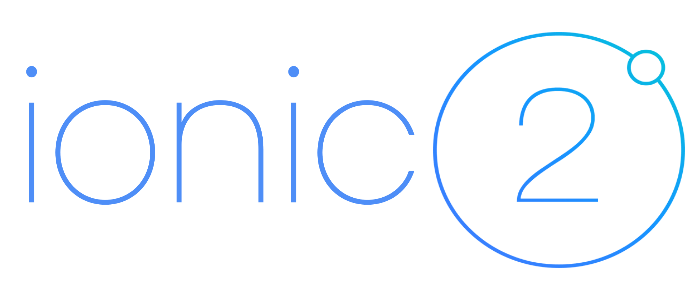Ionic 2, a powerful hybrid mobile app development framework, empowers developers to create dynamic and feature-rich applications. However, one fundamental aspect of app development that often requires attention is form validation, especially email validation. In this comprehensive guide, we will delve into the intricacies of email validation in Ionic 2. Whether you're a seasoned developer or just starting with Ionic 2, this guide will equip you with the expertise to build flawless forms and capture accurate data.
The Importance of Email Validation in Ionic 2
In the realm of mobile app development, data accuracy is paramount. Email validation serves as the first line of defense against inaccurate and potentially malicious data. Here's why email validation is essential in Ionic 2:
Data Integrity: Valid email addresses ensure that the data you collect is accurate and reliable, enhancing the overall quality of your app.
User Experience: Properly validated forms prevent users from encountering errors and frustration, leading to a smoother and more enjoyable experience.
Security: Valid email addresses help protect your app from malicious users or spam submissions, enhancing security.
Email Validation in Ionic 2: The Basics
Ionic 2 leverages the power of Angular for form creation and validation. To perform email validation, follow these basic steps:
Create a Form: Start by creating a form using Angular's Reactive Forms approach. Import FormGroup and FormControl classes.
Add an Email Input: In your form, add an input field for email. Use the FormControl to manage its state.
Apply Validators: Use Angular's built-in Validators.email validator to ensure that the entered value is a valid email address.
Display Validation Errors: Implement error handling to display validation errors to the user if the email input is invalid.
import { Component } from '@angular/core';
import { FormBuilder, FormGroup, Validators } from '@angular/forms';
@Component({
selector: 'app-email-validation',
templateUrl: './email-validation.page.html',
styleUrls: ['./email-validation.page.scss'],
})
export class EmailValidationPage {
emailForm: FormGroup;
constructor(private fb: FormBuilder) {
this.emailForm = fb.group({
email: ['', [Validators.required, Validators.email]],
});
}
}
In this example, we create an email form with an input field and apply both the Validators.required and Validators.email validators.
Best Practices for Email Validation in Ionic 2
To excel in email validation in Ionic 2, consider the following best practices:
Use Angular's Validators: Leverage Angular's built-in email validator for consistency and compatibility with Ionic 2.
Provide Clear Error Messages: Inform users of email validation errors with clear, user-friendly error messages that guide them to correct input.
Real-time Validation: Implement real-time validation feedback during user input to enhance the user experience.
Regular Data Checks: Perform periodic checks on email addresses stored in your app to ensure data integrity.
Common Challenges in Email Validation in Ionic 2
Regex Patterns: Crafting complex regex patterns for email validation can be challenging. Consider using Angular's built-in validators for simplicity.
Custom Validation Logic: If you require custom validation logic, ensure rigorous testing to avoid false positives or negatives.
Handling Async Validation: When dealing with external APIs for email verification, handle asynchronous validation appropriately to avoid blocking the UI.
Frequently Asked Questions
Can I use third-party libraries for email validation in Ionic 2?
Yes, you can use third-party libraries or plugins for email validation, but ensure they align with your project's requirements and security standards.
Is real-time validation necessary for all Ionic 2 forms?
Real-time validation can enhance the user experience, but it depends on your specific use case and requirements.
Are there any performance considerations when implementing email validation in Ionic 2?
Performance impact is generally minimal for email validation. Focus on efficiency when implementing custom validation patterns for complex forms.
What's the difference between email validation and email verification?
Email validation checks the format and correctness of an email address, while email verification typically involves sending a confirmation link to validate ownership.
In conclusion, mastering email validation in Ionic 2 is essential for creating robust and reliable mobile applications. By following best practices, understanding the basics, and addressing common challenges, you can ensure that your forms capture accurate data and provide users with a seamless and error-free experience. Email validation is not just a technical task; it's a critical component of delivering high-quality mobile apps that users will love.



